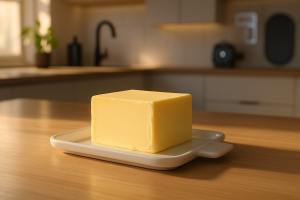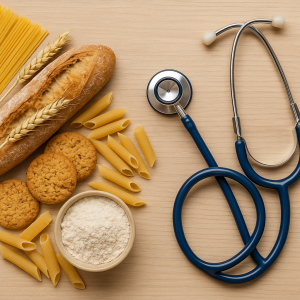 Coffee is a widely consumed beverage that is known for its energizing effects, which is primarily due to the presence of caffeine. However, coffee is not the only source of caffeine in the diet. In fact, caffeine can be found in a variety of beverages, foods and supplements in varying amounts. One such source of caffeine is cocoa.
Coffee is a widely consumed beverage that is known for its energizing effects, which is primarily due to the presence of caffeine. However, coffee is not the only source of caffeine in the diet. In fact, caffeine can be found in a variety of beverages, foods and supplements in varying amounts. One such source of caffeine is cocoa.
Cocoa, in its powdered form with 100% cocoa content, contains small amounts of caffeine. However, the amounts of caffeine present in cocoa are much lower than that found in coffee. Specifically, a teaspoon of coffee, depending on its type, can contain anywhere between 45-70 mg of caffeine. On the other hand, a teaspoon of 100% cocoa powder contains just 3 mg of caffeine. When we compare these amounts, it is clear that one would need to consume several teaspoons of cocoa powder to get the same amount of caffeine as found in a teaspoon of coffee.
A typical amount of cocoa powder used in a cup of drink is 3-4 teaspoons, which would provide about 9-12 mg of caffeine. This is a relatively small amount of caffeine, and it is unlikely to cause the same level of overstimulation or negatively affect sleep that a cup of coffee might. This makes cocoa an ideal solution for those who are looking for a subtle boost in energy for a short period of time, without the risk of overstrain or negatively affecting their sleep later on.
Article continued below
Cocoa is also known for its rich flavor and aroma, making it a popular ingredient in many desserts and confectioneries. Additionally, cocoa is also known for its health benefits such as reducing the risk of heart disease and improving cognitive function. It is also a rich source of antioxidants and other essential minerals like magnesium, zinc, and iron.






